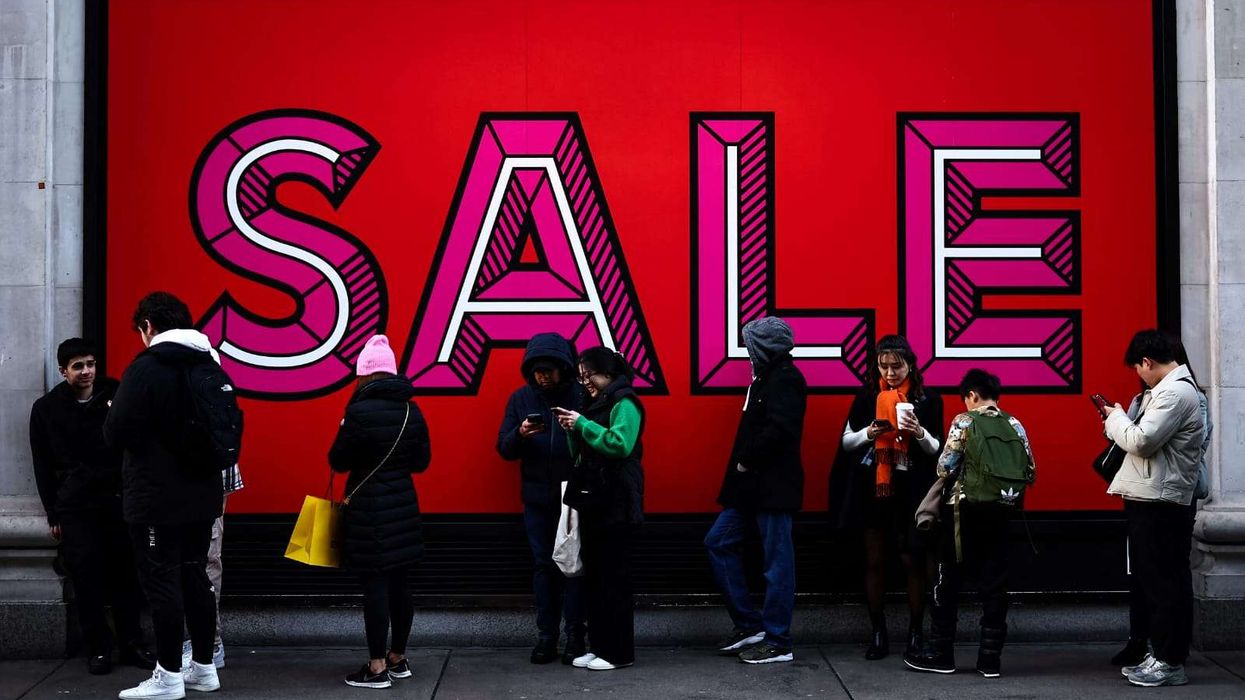THERE was a clear sense of aptness and logic around the announcement earlier this year that the acclaimed sitarist and composer Anoushka Shankar was to become an associate artist at the Southbank Centre. The London arts complex, which houses the Royal Festival Hall, is to be the setting for some special Indian music events based around both Anoushka and her legendary father, Ravi Shankar.
Next year will have a special resonance for the Shankar name in that it marks the centenary of the birth of sitar-genius Ravi, who was Anoushka’s teacher, guru and musical inspiration.
No other Indian classical performer has had such a profound effect on music around the world as Ravi Shankar. His imagination and sense of adventure took the sitar from the rarefied atmosphere of Indian classical musical performance to the concert halls and stages of the west, and also influenced the inception of pop culture. Ravi Shankar’s famous association with the Beatles at the height of their fame in the 1960s highlighted how an ancient culture had breached the slipstream of western consciousness. It also provided a spiritual vision and inspiration for the hippie subculture that was to flow from it: Karma, baby, Karma – as they might have said.
Anoushka, ever the attentive pupil, played the sitar with her father from an early age - nine it says on some profiles, seven in others - and has blossomed into one of the most versatile living exponents of the instrument today.
In 2020 there will be a series of concerts to mark her father’s birth in 1920. On his actual birthday (April 22) Shankar will play live at the Royal Festival Hall the recording she made with the London Philharmonic Orchestra (LPO) of her father’s album, Symphony.
Tickets for this special concert, called 2010: Crossing Cultures, are selling fast. Shankar will reprise her solo part in Symphony, while other featured music at the concert will be by the celebrated American composer Philip Glass and John Corigliano. The LPO has a series of 2020 Vision concerts of which this is one. Her father’s one and only Opera, Sukanya, will also return to the Royal Festival Hall. The maestro was still working on it and composing the music when he died in California in 2012. His friend and collaborator David Murphy - with some help from Anoushka Shankar - completed the work and it had a one-off performance at the Royal Festival Hall in 2017. An ancient and epic tale inspired by one of the most famous stories from the Hindu holy book, The Mahabharata, the original cast return to perform it. It comes to the Southbank Centre on January 15 next year (2020).
In the summer, Shankar cancelled her shows around the globe until October, saying she was ill. In a tweet on June 10, she said: “Dear friends I’m so sorry to cancel several shows for health reasons. It’s not a decision that was taken lightly and I’ve been somewhat heartbroken about it. At present, I’m spending time with family, and gearing up for major surgery. I hope I have your understanding. With love x.”
Most of the performances were in the US, with one in Germany and two in France. She has not elaborated, and more recent tweets in July threw no further light on the issue.
In March, she announced she would be making an album of 15 favourite tracks for the record company, Deutsche Grammophon. Called Reflections, the tracks would be sourced from previous albums, such as Land of Gold and Traces of You.
An activist and campaigner, Shankar uses her social media feeds to talk about the causes in which she believes.
In August she reminded her near 40,000 Twitter followers how in 1971 her father and George Harrison (of the Beatles) had organised a seminal charity concert in aid of the newly created country of Bangladesh, where war, famine and flooding had created a perfect storm. Harrison and Shankar persuaded a host of other artists, including Bob Dylan and Eric Clapton, to play at the concert which, she pointed out had set “the template for all future benefit shows to come, including LiveAid and more”.
Anoushka’s most recent work, the album Land of Gold, is a reflection of her concerns about the world, and has been described as “a fervent response to the humanitarian trauma of displaced people fleeing conflict and poverty” – in particular the Syrian refugee crisis. Collaborators on the project include the rapper MIA (Mathangi Arulpragasam) and actress Vanessa Redgrave.
She toured 60 countries performing the album over a period of two years. On a short tour of the US last year, part of the proceeds of her concerts went to Help Refugees, a London-based charity.
In 2018, she was presented with an Arts, Culture and Theatre Award for music. The previous year had seen her compose a full score for the silent film epic, Shiraz, originally made in 1928. Now digitally remastered, it tells the story of how the Taj Mahal came to be built. The film is the work of one of the fathers of Indian cinema, Himanshu Rai. The new score was commissioned by the British Film Institute and formed part of the celebrations that marked India’s 70 years of independence from Britain. Shankar performed the score live for the world premiere in October 2017 at the London Film Festival.
Anoushka Shankar grew up partly in Delhi and partly in San Diego, California. She lives today in London, having located to the capital because of her marriage to British film director Joe Wright. The couple divorced last year but Shankar continues to live in London with her two young sons, as another chapter of her life beckons.
Despite feeling that India, California and Britain all represent ‘home’ to her, she recently posted to her Instagram account that she didn’t feel a particular sense of pride in any of them.
With next year set to be such a special one for the Shankar family, it is expected to lead to a renewed interest in Indian classical music and perhaps a reassessment of what this tradition-steeped art form means in the 21st century.






